Car Camping vs. Backpacking [Which is Right for You?]
![Car Camping vs. Backpacking [Which is Right for You?]](/content/images/size/w1200/2023/04/Car-Camping-vs.-Backpacking.png)
If you want to get outdoors to unwind and experience nature, any type of camping is a win. But there’s a big difference between car camping vs. backpacking, and that’s what I’ll be breaking down in this article.
Do keep in mind, neither is better than one or the other. Instead, it comes down to which option is right for YOU.
Let’s jump right in…
What is Car Camping?
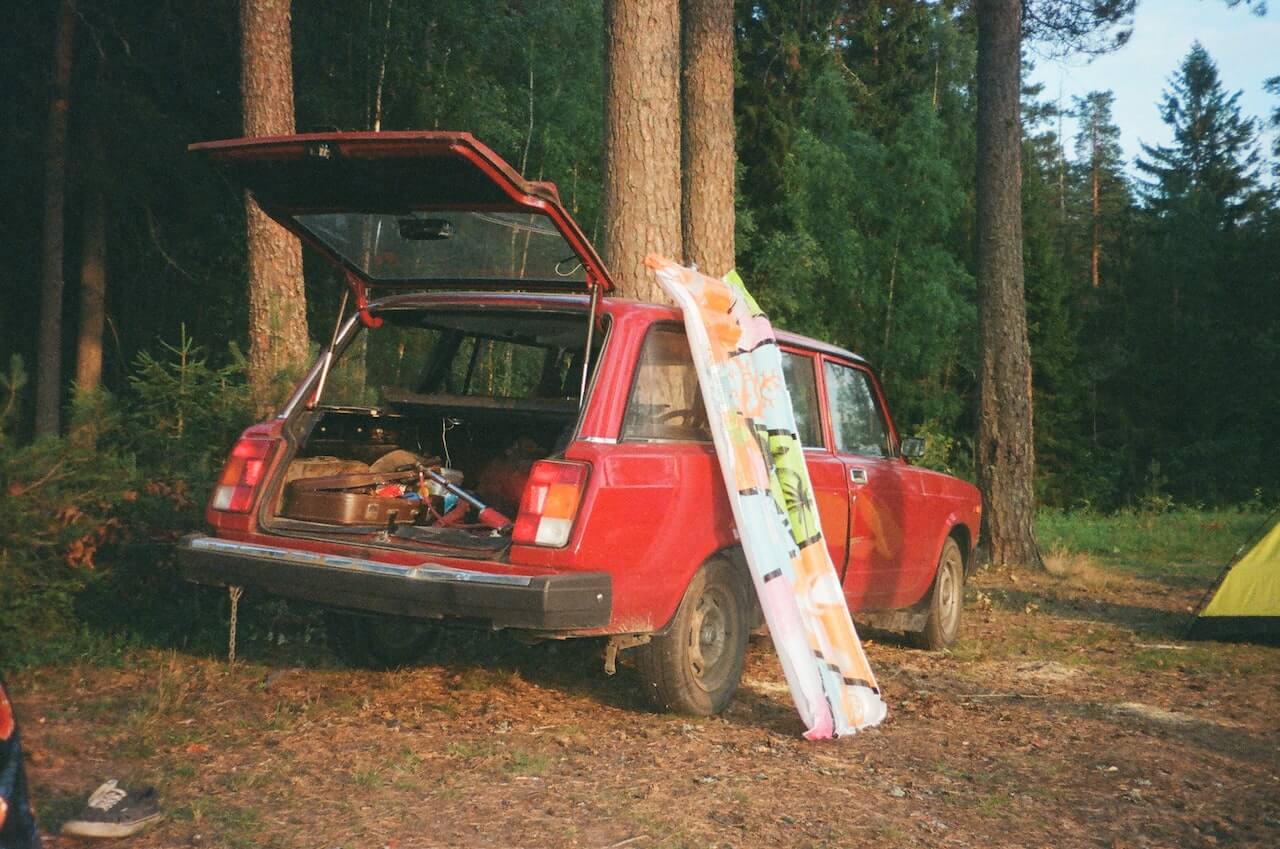
Car camping involves traveling to a campsite in a vehicle - typically a car, minivan, SUV or sprinter van - and either sleeping inside of the vehicle itself, or setting up a camping tent or other shelter for the duration of the stay.
Car camping is usually associated with established campgrounds, where amenities such as running water, toilets, and fire pits are available. But many people also stay at places like truck stops, big box store parking lots, etc. This is called boondocking or stealth camping, which means that you will not have access to the amenities mentioned above.
Camping in a car is popular among families and larger groups because it allows for more comfortable living conditions and the ability to bring along added gear.
Car camping typically involves bigger and more glamping-type items, such as coolers, chairs, and air mattresses, as the weight and space limitations are less of a concern.
What is Backpacking?
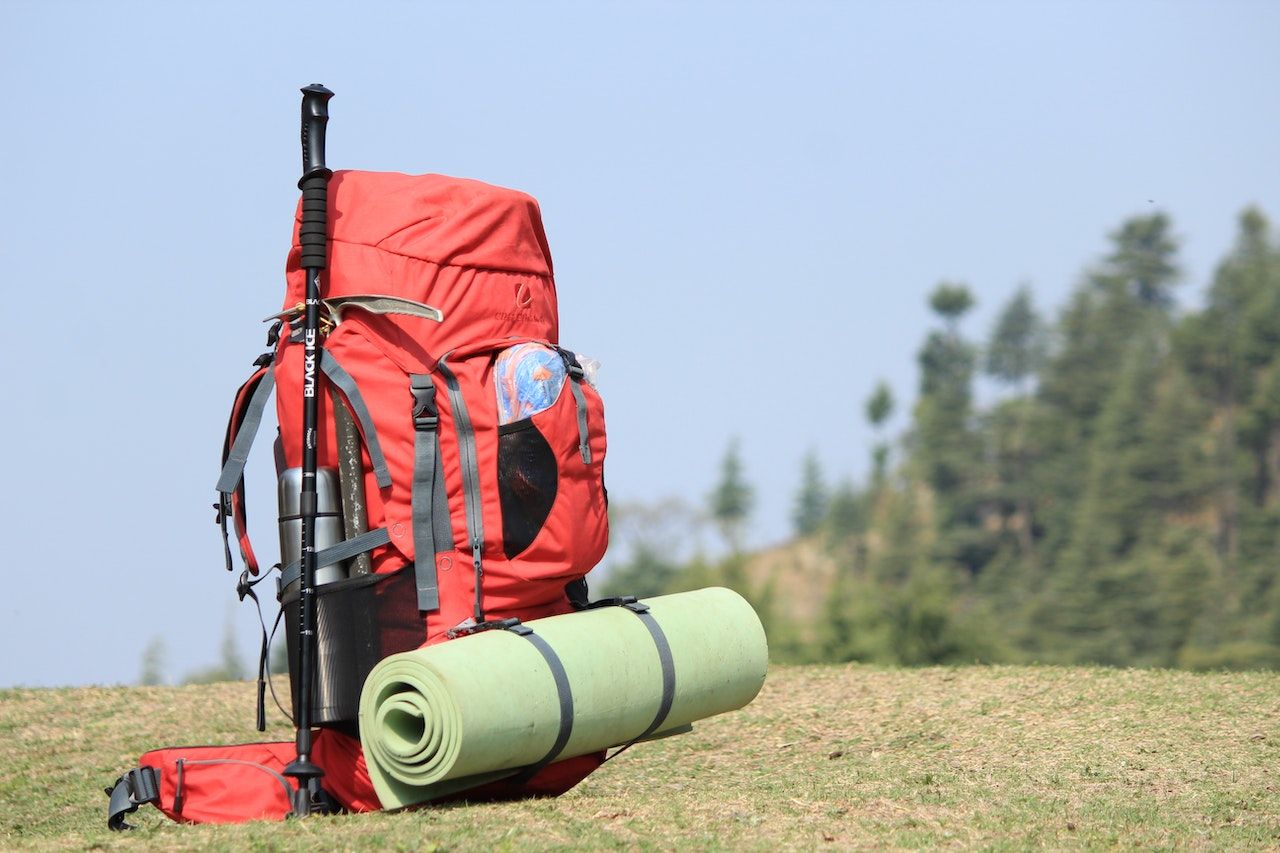
Backpacking is generally associated with wilderness areas and backcountry camping, where campgrounds and amenities are not available.
This form of camping requires more physical effort and preparation, as hikers need to carry all of their supplies, including food, water, shelter, and cooking equipment, on their backs. Backpacking is not only more rugged and adventurous, but it also provides a greater opportunity for solitude and immersion in nature.
While both car camping and backpacking share many similarities, each caters to different preferences and levels of comfort, with car camping offering greater convenience and ease, and backpacking providing a more challenging, primitive experience.
Pros & Cons of Car Camping and Backpacking
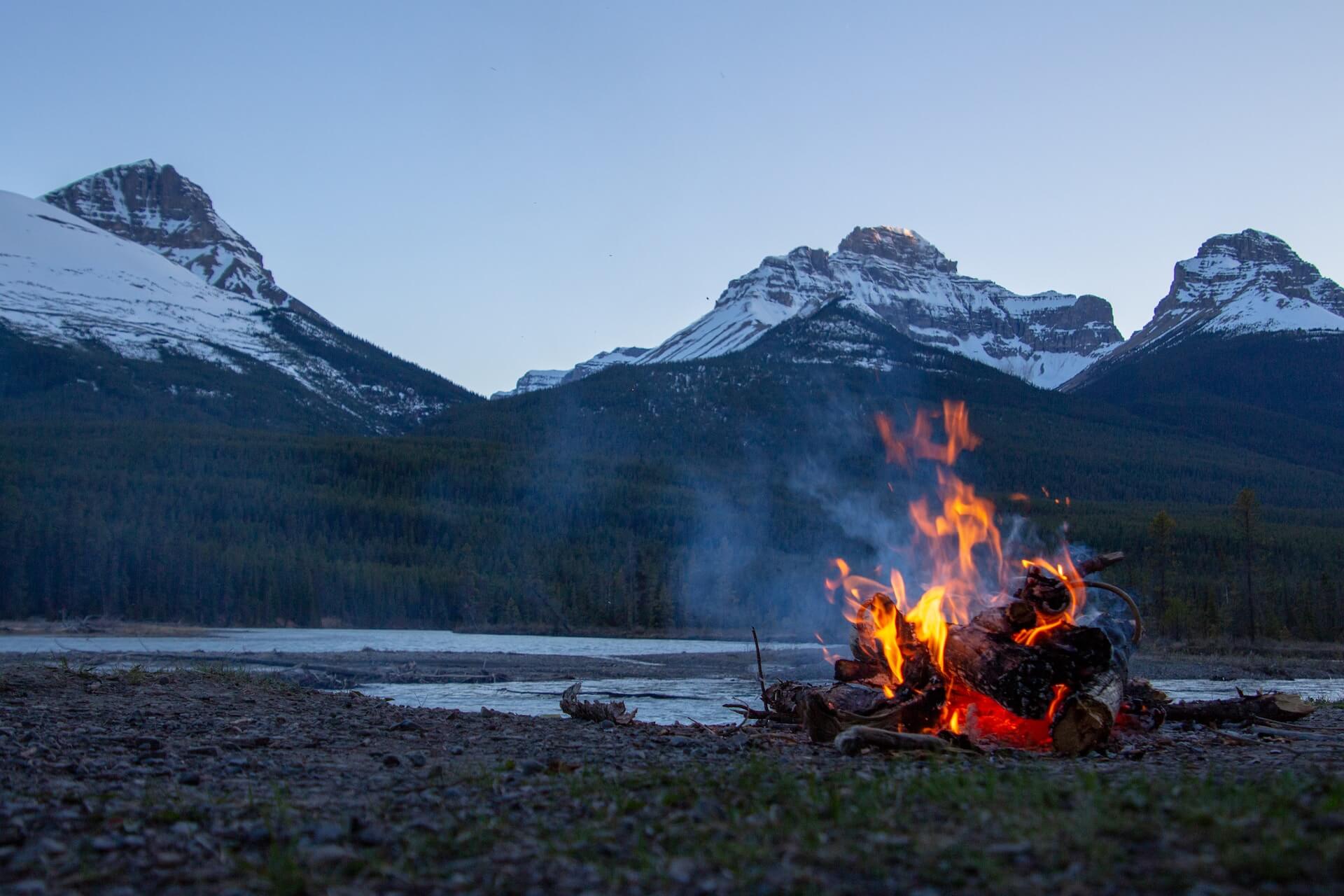
Depending on your personal preferences, abilities, and goals, you may find one option more appealing than the other. Let's explore the pros & cons of car camping vs. backpacking.
Car Camping Pros
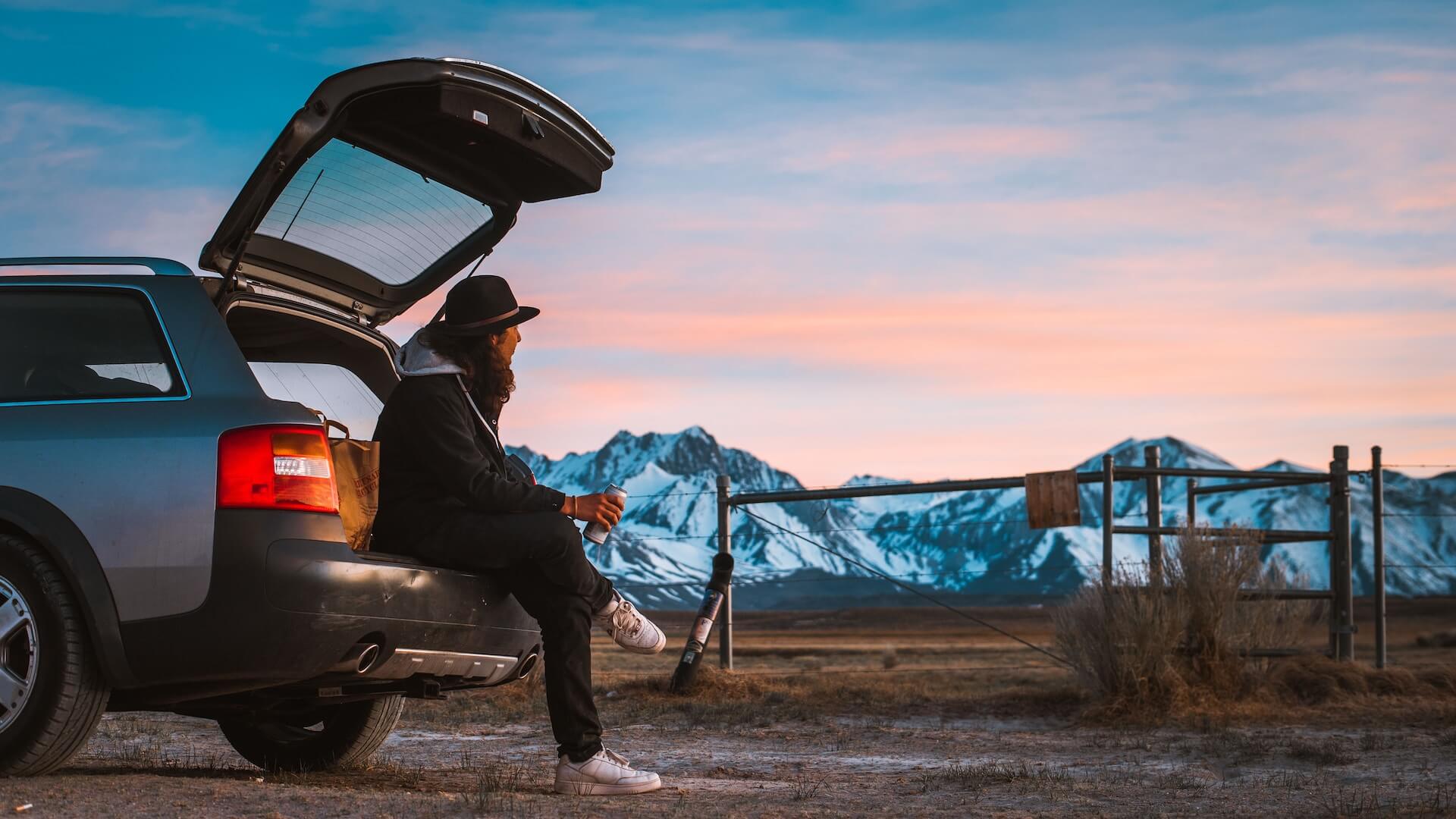
Comfort: Car camping allows you to bring more gear and supplies than backpacking, including larger camping tents, air mattresses, and other cushy items like chairs and coolers. You may also (depending upon location) have access to amenities like running water, electricity, and campfire rings.
Convenience: Car camping is typically done in established campgrounds that are easily accessible by car, making it an ideal option for families with young children or those with limited mobility. You don't have to hike long distances with heavy gear, and you can easily access your vehicle to retrieve forgotten items or run errands.
Safety: Car camping is generally considered a safer option than backpacking because you will usually be in busier, well-trafficked locations, you will have a stronger cellular signal for calls, emails & texts if help is needed, and rangers or campground hosts who can assist in case of an emergency are always nearby. In addition, your vehicle offers greater protection from the elements and dangerous wildlife.
Socialization: Car camping is often done in larger groups, and it provides a great opportunity to socialize with other campers. You can easily set up a communal area, share meals, and engage in group activities like games, hikes, happy hours, etc.
Car Camping Cons
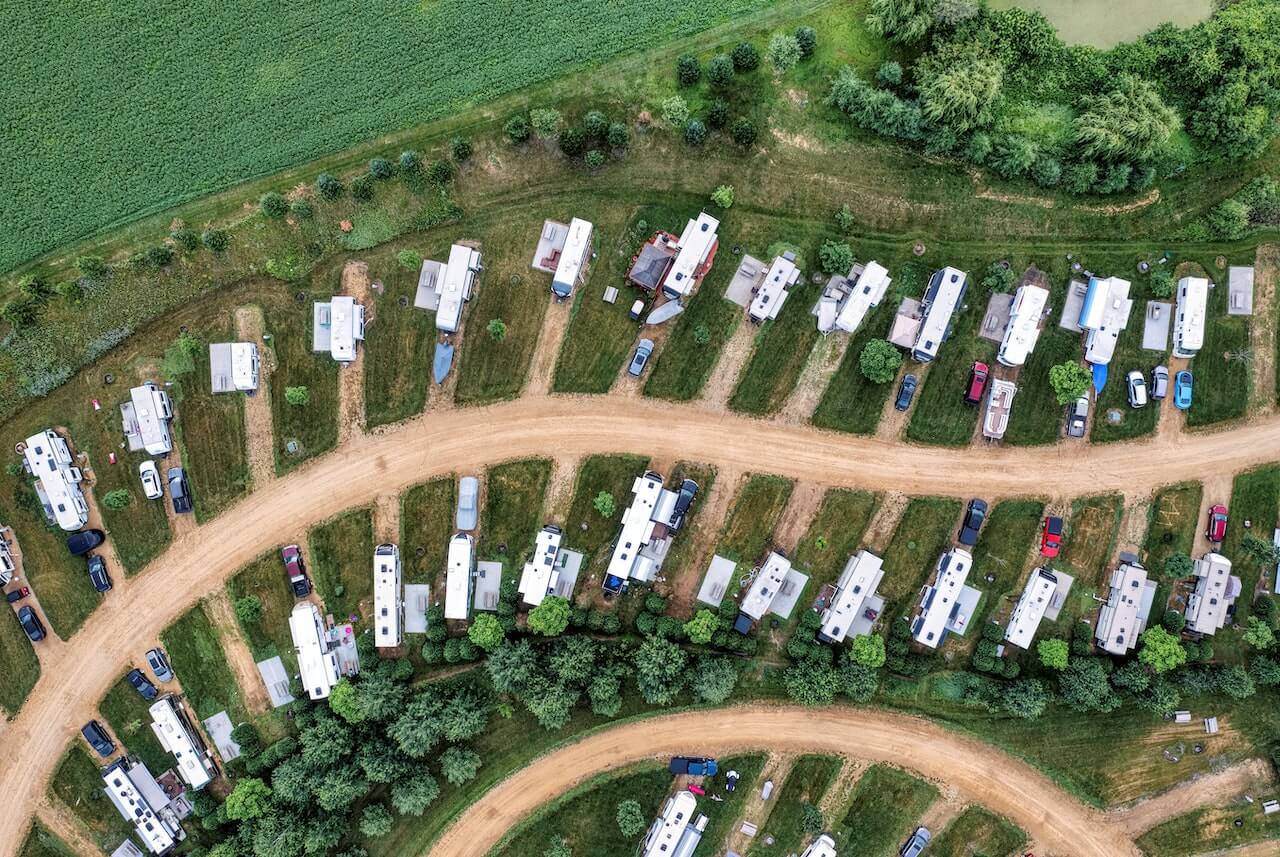
Crowds: Car camping is a popular activity, and campgrounds can often be crowded and noisy, especially during peak season. This can detract from the solitude and tranquility of being in nature. On the other hand...
If you choose to boondock or stealth camp, you will have no access to running water, electric plug-ins, and other amenities that campgrounds offer. You'll literally be living out of a parking lot or similar type of space.
Cost: Car camping can be more expensive than backpacking, especially if you choose to stay in a private campground with conveniences like showers, bathrooms, etc. You also have to consider the cost of gas to drive to and from the campsite.
Limited Access: Car camping is limited to established campgrounds, which may not always be located in the most scenic or remote areas. If you want to experience more of the remote wilderness, you'll have to choose backpacking.
Backpacking Pros
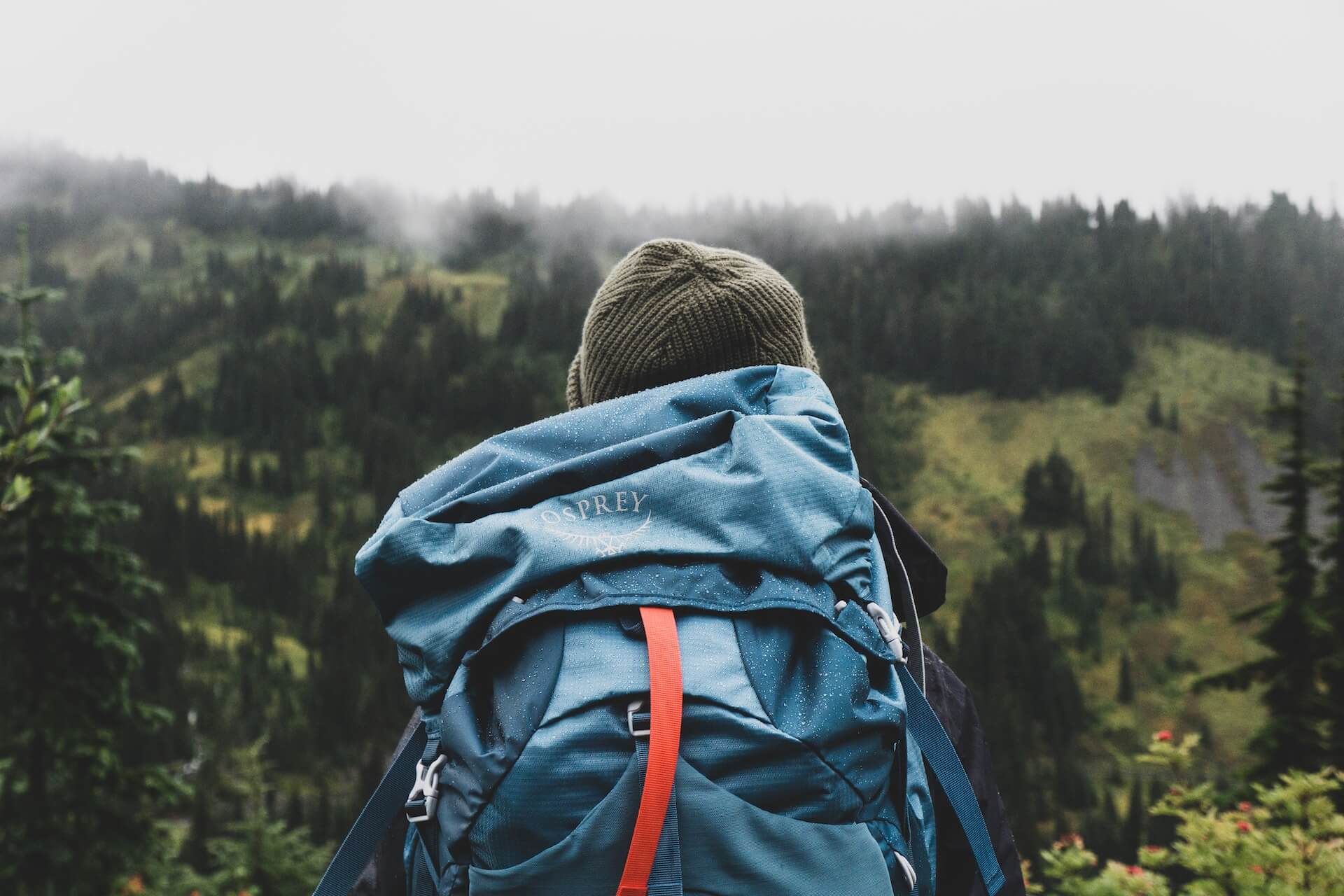
Freedom: Backpacking allows you to explore more remote areas and escape the crowds of established campgrounds and urban areas. You can set up camp almost anywhere, as long as it's legal and safe, and you have the freedom to hike as far as you want.
Physical Challenge: Backpacking is a physically challenging activity that requires you to carry all of your gear and supplies on your back. This can be a rewarding and empowering experience, as you push yourself to overcome physical obstacles and reach new heights.
Solitude: Backpacking provides an opportunity for solitude and immersion in nature. You can enjoy the peace and quiet of the wilderness, observe wildlife, and connect with your surroundings on a deeper level.
Cost: Backpacking can be less expensive than car camping, as you don't have to pay for campsites, amenities, fancy gear or significant fuel costs. You also have more control over your food and supplies, which can be purchased in smaller quantities and packed strategically to save money.
Backpacking Cons
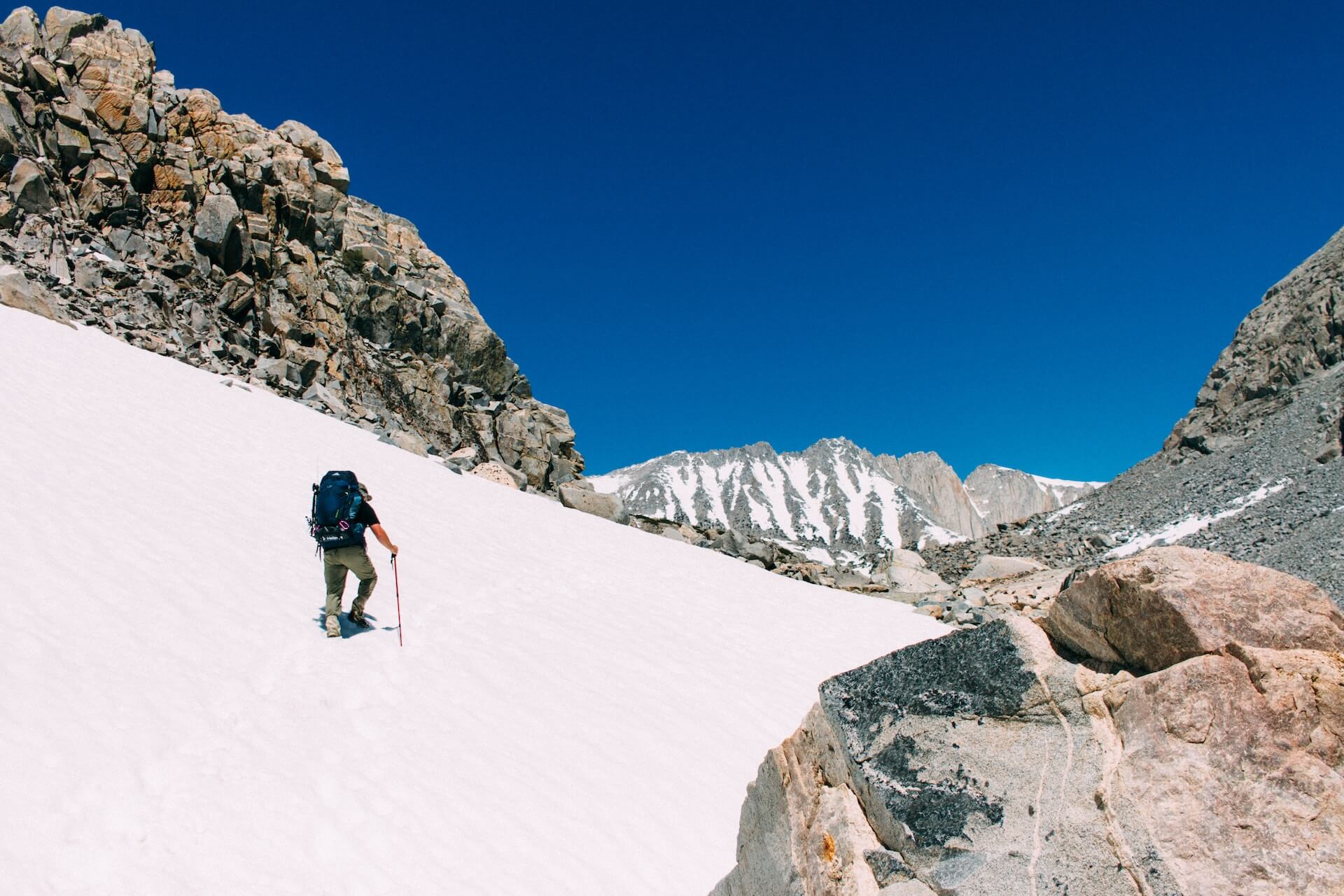
Physical Demands: Backpacking is a physically demanding activity that requires a certain level of fitness and endurance. You have to be able to carry heavy gear and hike long distances, often in challenging terrain and weather conditions.
Limited Comfort: Backpacking requires you to pack light, which means sacrificing some of the comforts of car camping. You'll be sleeping on a thin foam pad instead of an air mattress, cooking over a small stove instead of a campfire, and in most cases, will not have the luxury of a toilet.
Safety: Backpacking can be more dangerous than car camping, especially if you're not properly prepared or trained. You have to be able to navigate with a map and compass, identify potential hazards like wildlife and weather, and carry necessary safety gear like a first aid kit and emergency communication devices.
Limited Socialization: Backpacking is often a solo or small group activity, which can limit opportunities for socialization and camaraderie with other campers.
In conclusion, both car camping and backpacking have their own set of pros and cons, and the choice between them largely depends on personal preferences and goals.
If you're looking for comfort, convenience, and socialization, car camping may be the way to go. If you want to experience solitude, challenge yourself physically, and explore remote wilderness areas, backpacking is definitely the better option.
Whichever option you choose, it's important to be prepared and informed about the potential risks and rewards of each activity.
Frequently Asked Car Camping Questions

What do I need to go car camping?
You need a vehicle, camping gear such as a sleeping bag & mattress, ice chest, cooking supplies, as well as some plastic bins to organize/store everything.
How do I find a good car camping spot?
Ask for recommendations from other campers, read reviews on camping forums and Facebook pages, or use one of the many car camping apps that are available online. *See the HELPFUL LINKS in the next section for some great, FREE resources.
Can I sleep in my car at any campsite?
No, not all campsites allow sleeping in cars. There are 3 types of campgrounds...
-
Those that allow car campers (and permit them to sleep in their vehicles).
-
Those that allow car campers (but ONLY permit sleeping in a tent that's OUTSIDE of the vehicle).
-
Those that don't allow car campers at all (and only cater to those with RV's, sprinter vans, etc.).
You need to check each campsite's rules and regulations before booking your stay!
Is car camping safe?
Yes, car camping can be safe as long as you take the necessary precautions such as parking in designated areas, locking your car when inside, and bringing enough food and water to last your entire trip.
Can I bring my pets while car camping?
Yes, many car camping sites are pet-friendly, but you should check the campsite rules beforehand.
What should I pack for a car camping trip?
You should pack camping essentials such as a tent, sleeping bag, and cooking supplies, as well as clothing, toiletries, and any other personal items.
Can I have a campfire while car camping?
It depends on the campsite rules and regulations. Some campsites allow campfires while others don't.
How do I plan a car camping trip?
Plan ahead by choosing a destination, reviewing it online, calling ahead or checking the website for rules & regulations, making a reservation, packing the necessary gear, and preparing for any weather conditions.
Frequently Asked Backpacking Questions

What equipment do I need for backpacking?
Essential backpacking gear includes a backpack, backpacking tent, sleeping bag, sleeping pad, a good pair of hiking boots, stove, cookware, water filter, poncho, etc.
How do I choose the right backpack for backpacking?
Choose a backpack that fits well and is appropriate for the length and difficulty of your trip. Consider factors such as capacity, weight, and features like pockets and compression straps.
How do I choose a campsite for backpacking?
Choose a campsite that is at least 200 feet away from water sources and trails. Look for flat, level ground that is protected from the wind and has access to water and shelter.
How do I plan meals for backpacking?
Plan meals that are lightweight, easy to prepare, and high in calories and nutrients. Consider factors such as cooking time, perishability, and taste preferences.
How do I stay safe while backpacking?
Follow basic safety guidelines such as bringing appropriate gear, staying hydrated, and avoiding wildlife. Learn basic first aid and navigation skills, and always let someone know your itinerary and expected return time.
How do I plan a backpacking trip?
Choose a destination and route that is appropriate for your skill level and interests. Research the area's terrain, weather, regulations, and obtain necessary permits or reservations that might be needed.
How do I pack my backpack for backpacking?
Pack your backpack with heavy items close to your back and lighter items toward the top and front. Use compression straps to secure the load and balance the weight evenly.
How do I treat water for backpacking?
Filter or treat water to remove bacteria, viruses, and parasites that can cause illness. Methods include boiling, chemical treatment, and filtration with a pump or gravity system.
How do I leave no trace while backpacking?
Practice Leave No Trace principles such as packing out all trash, minimizing campfire impact, and staying on designated trails. Respect wildlife and minimize noise pollution.
Any other considerations when it comes to camping vs. backpacking?
If you stick to the information in this article, you’ll mostly be covered. From having the right gear, like; backpacking tents, sleeping pads, cooking gear, etc., to packing correctly, finding camping spots and so forth, think of these things like the foundation.
By having a good foundation on your next camping outing, 90% of your trip planning will be done. However, other considerations need to be thought out ahead of time too, such as…
The weather when/where you’ll be traveling, researching campsites to see if they’re kid-friendly (for those with children), ensuring your vehicle is in working order before hitting the road, packing your backpack with all essentials, and several other factors.
Helpful Camping Resources
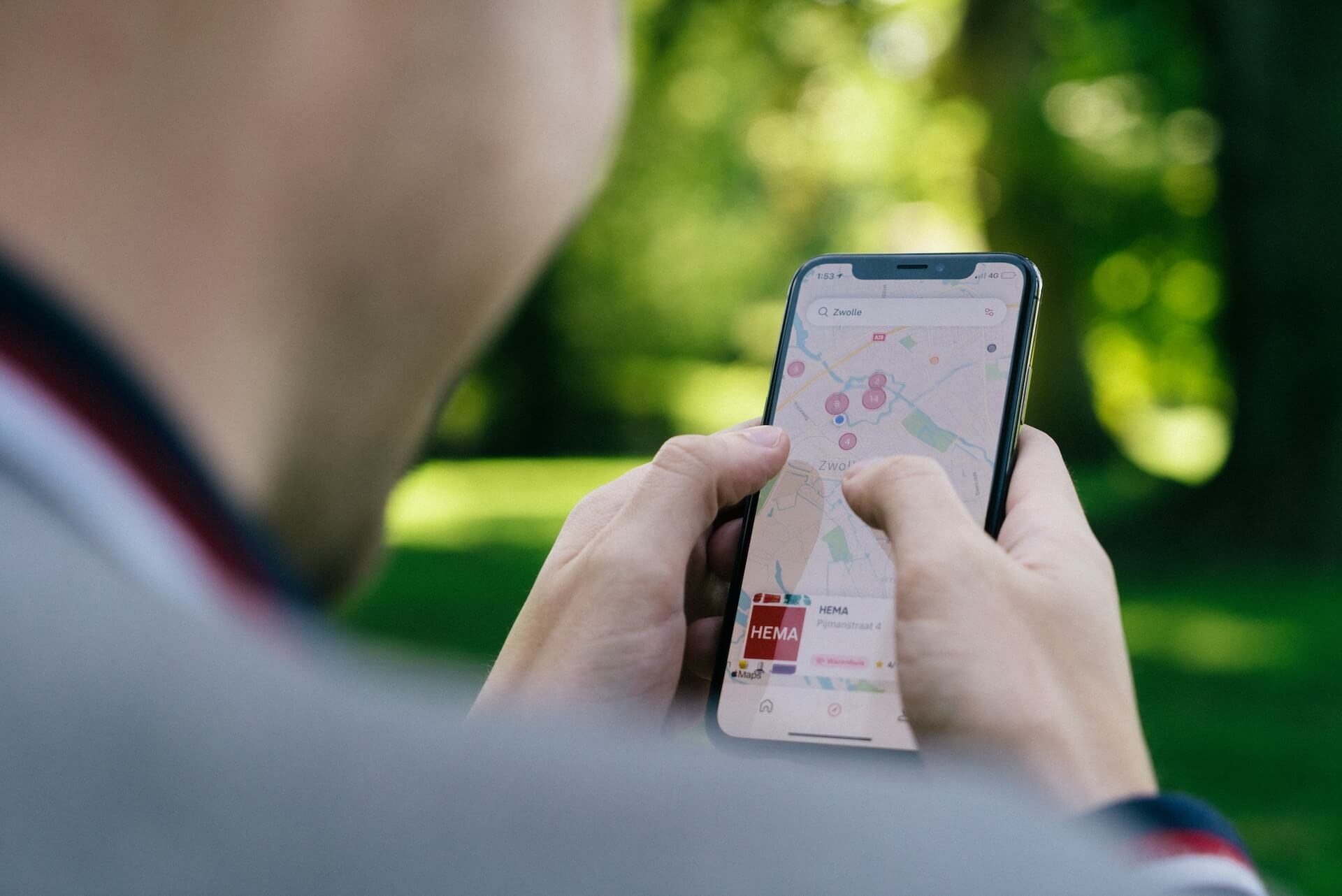
FreeCampsites.net - Excellent website for finding totally free (or inexpensive) camping spots. Features a mix of traditional campgrounds and boondocking/stealth camping spots. For RV'ers, car campers & tenters only.
CampSpot.com - Great website to find campgrounds. Can filter by price, amenities, vehicle type, etc. For RV'ers, car campers & tenters only.
TheDyrt.com - Lots of campground listings. Can filter by many options. For RV'ers, car campers & tenters only.
AllTrails - Amazing resource for backpackers to find trails of all types. Also has an online community forum to meet other hiking/backpacking enthusiasts. For backpackers, hikers, bikers, runners & tenters only.
HikingProject.com - Comprehensive listing of trails. Can filter by difficulty, elevation, distance, etc. For backpackers, hikers, bikers, runners & tenters only.
TrailLink - Terrific, easy-to-navigate website, with lots of trails to choose from. For backpackers, hikers, bikers, runners & tenters only.
Final Thoughts on Car Camping vs. Backpacking

When it comes to abilities, we each have our own strengths & weaknesses. We also have individual preferences in terms of comfort and convenience. It’s important that you factor in all of these to figure out which form of camping you’re better suited for, and might enjoy better.
Regardless of choice, getting away from the stresses and technology burdens of today's demanding world is like medicine for your soul. Being able to breathe fresh air, take in new & exciting sites, and become one with nature is what it's all about.
LIVE WISELY, LIVE WELL!

